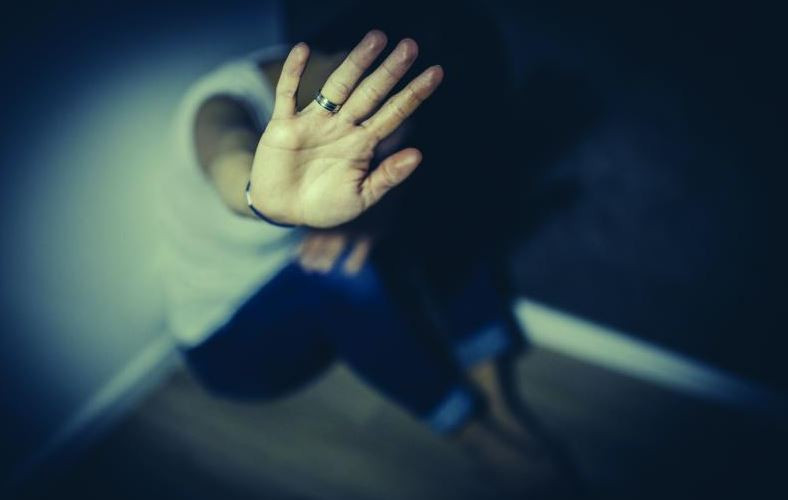Let's act with more seriousness to end cases of child defilement

In dusty playgrounds, quiet villages, city estates, classrooms, and even places of worship, children across Kenya are facing a silent but devastating epidemic—defilement a form of sexual violence robbing both girls and boys of their innocence, dignity, and dreams. The perpetrators are not just strangers lurking in the dark; they are often the very people entrusted with these children's safety—relatives, caregivers, family friends, teachers, religious leaders, and heartbreakingly even peers and parents.
Despite a comprehensive legal framework that includes the Sexual Offences Act, the Children Act, and Article 53 of the Constitution, justice for survivors of defilement sometimes remains elusive. Enforcement is dangerously inconsistent. As a legal practitioner child rights advocate, we note too many cases where the pursuit of justice is sometimes sabotaged by bribery allegations, interference, or indifference. Survivors are traumatised by the very systems meant to offer them safety. Families live in fear of speaking out, institutions often fail to respond.
In 2023, defilement made up 76.4 per cent of all reported sexual offences, with over 5,000 cases, according to the Kenya Economic Survey and the Office of the Director of Public Prosecutions, these numbers barely scratch the surface as most cases go unreported due to fear, shame, and systemic failure.
The Department of Children Services' 2024/2025 dashboard confirms the trend is not declining. Beyond the statistics, emerging patterns are deeply disturbing: Children are increasingly abused by their peers, and law enforcement officers sometimes collude with perpetrators.
Culturally, defilement is often hidden or minimised. Many families silence victims in an attempt to preserve their reputation thus shielding perpetrators and further victimising survivors. Boys, often overlooked, are also affected. Social norms around masculinity discourage them from speaking out while institutional responses focus on female survivors yet male survivors deserve equal recognition, care and justice.
To confront this scourge, bold and coordinated action is required. Legal and institutional reforms must be a priority. The Sexual Offences Act and the Children Act must be enforced with the seriousness they demand. Law enforcement officers and public officials who compromise or neglect child abuse cases must face disciplinary action. Specialised courts that handle gender-based violence with trained judges are needed to fast-track cases involving minors. We must track repeat offenders and monitor failed prosecutions to prevent impunity.
Religious, cultural, and community leaders must begin to speak openly about defilement. Parents, teachers, and caregivers must be equipped to identify signs of grooming and abuse. Reporting systems must be made safe and accessible within schools, health centres, and places of worship. Above all, discussions about sex, boundaries, and consent must be destigmatised and normalised.
Our support systems must centre the survivor by expanding access to free legal aid, trauma counselling, and emergency medical services. Child-friendly reporting centres and shelters should be operational and well-resourced. Toll-free hotlines and mobile response units must be in place, and the reporting process should protect survivors, not traumatise them further.
Ms Yambo is a legal counsel at the Federation of Women Lawyers in Kenya











